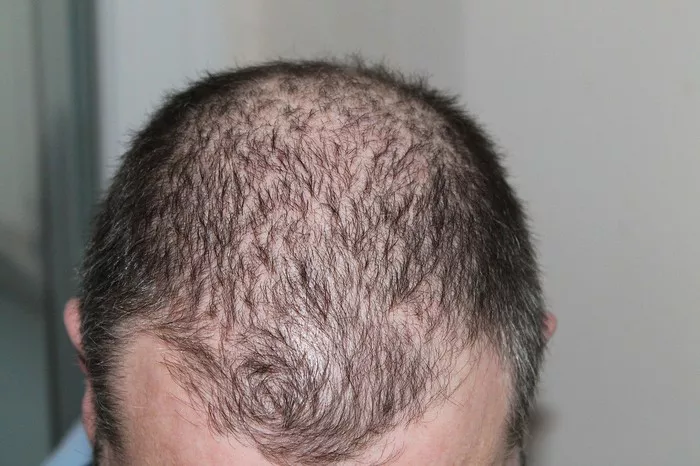Creatine, a naturally occurring substance in the body and found in meat and fish, has long been a staple supplement for athletes seeking enhanced strength and performance. However, a persistent belief suggesting a link between creatine and hair loss has circulated, primarily fueled by a 2009 study on college-aged male rugby players. This study, which found an increase in dihydrotestosterone (DHT) levels with creatine supplementation, sparked concerns about a potential association between creatine and hair loss.
The Flawed Study and Lack of Subsequent Evidence
The 2009 study, focusing on a small sample size of 20 participants, suggested a correlation between creatine, elevated DHT, and subsequent hair loss. However, critical flaws, such as inadequate sample size and failure to measure free testosterone, cast doubt on its reliability. Subsequent research, encompassing 12 additional studies by early 2021, failed to replicate the initial findings. Notably, the majority reported no significant increase in testosterone levels or refuted any connection between creatine and hair loss.
Exploring Side Effects of Creatine Supplements
While the alleged link between creatine and hair loss lacks substantial evidence, it’s crucial to acknowledge potential side effects associated with creatine supplementation. These include muscle water retention, muscle strains, cramps, gastrointestinal issues, dizziness, and dehydration. Long-term use may pose more serious risks, such as high blood pressure, kidney damage, liver dysfunction, and seizures.
Understanding Hair Loss Causes
Hair loss, scientifically known as alopecia, stems from various factors, including scarring and nonscarring causes. The patterned, diffuse, and focal classifications of nonscarring alopecia encompass conditions like androgenic alopecia (hereditary and linked to DHT), telogen effluvium (often triggered by medical events), and alopecia areata (an autoimmune disorder).
Precautions and Considerations with Creatine Supplements
Amidst the popularity of creatine supplements, caution is advised. Dosages and their effects can vary between individuals, with potential side effects even at commonly recommended doses. Furthermore, creatine supplements are not FDA-regulated, emphasizing the need for quality testing from independent organizations.
Special consideration is warranted for specific populations, such as children, adolescents, pregnant or nursing individuals, and those with pre-existing health conditions like kidney problems or high blood pressure. Interaction effects with medications and other supplements remain unclear, underscoring the importance of consulting healthcare providers before initiating creatine supplementation.
Conclusion: No Substantiated Link
In summary, the alleged connection between creatine supplements and hair loss, fueled by a flawed 2009 study, lacks robust supporting evidence. Current research refutes any conclusive association between creatine and hair loss. As with any supplement, informed decision-making, consultation with healthcare professionals, and an understanding of potential side effects are crucial for those considering creatine supplementation.


